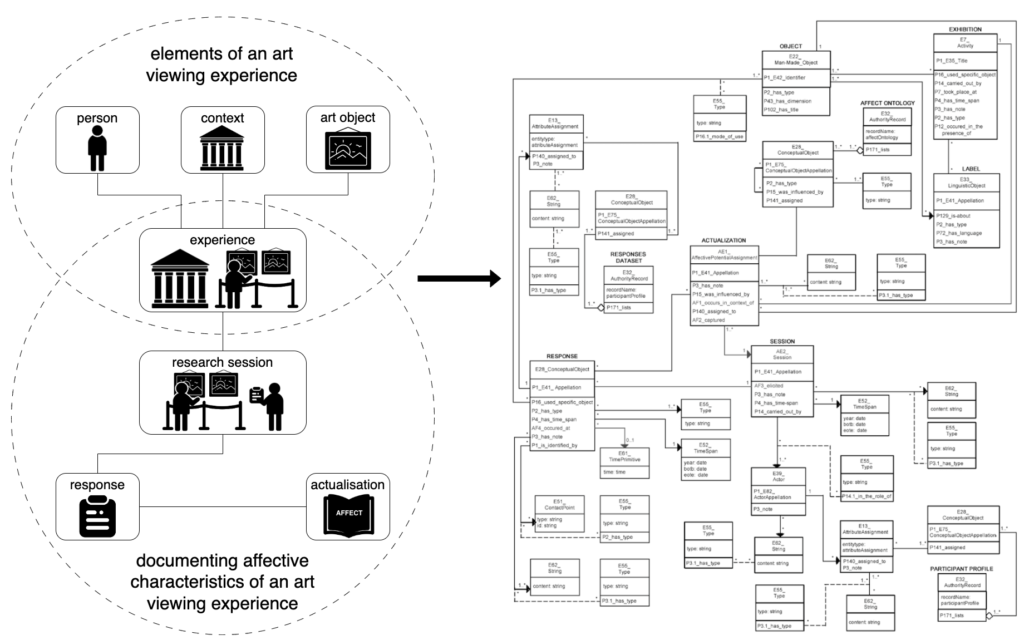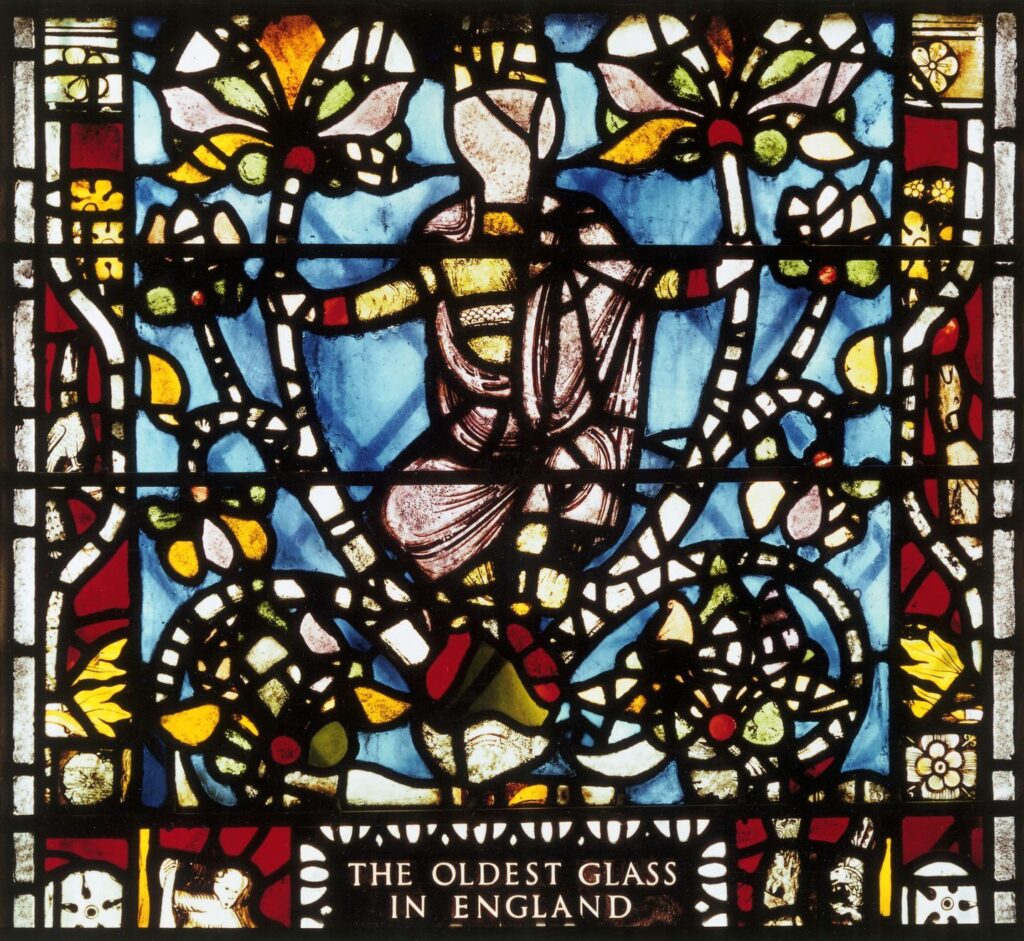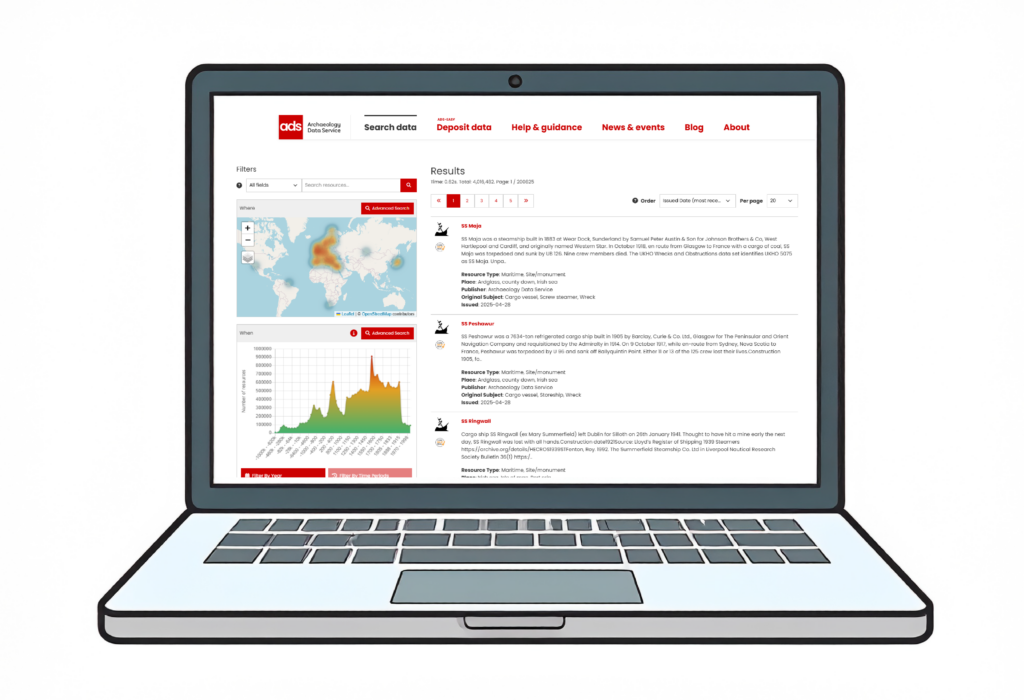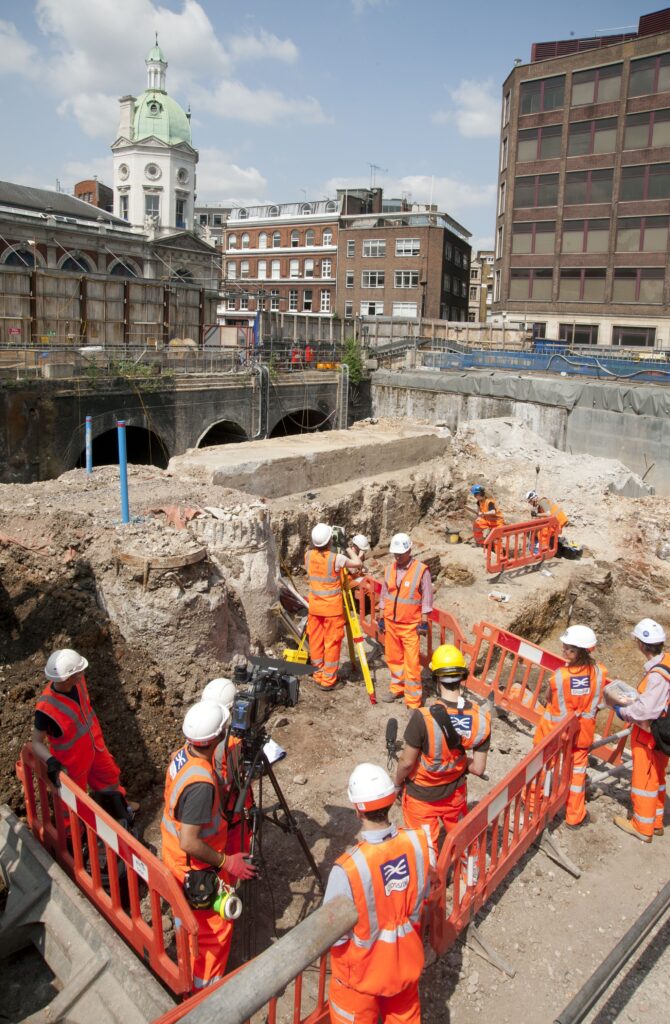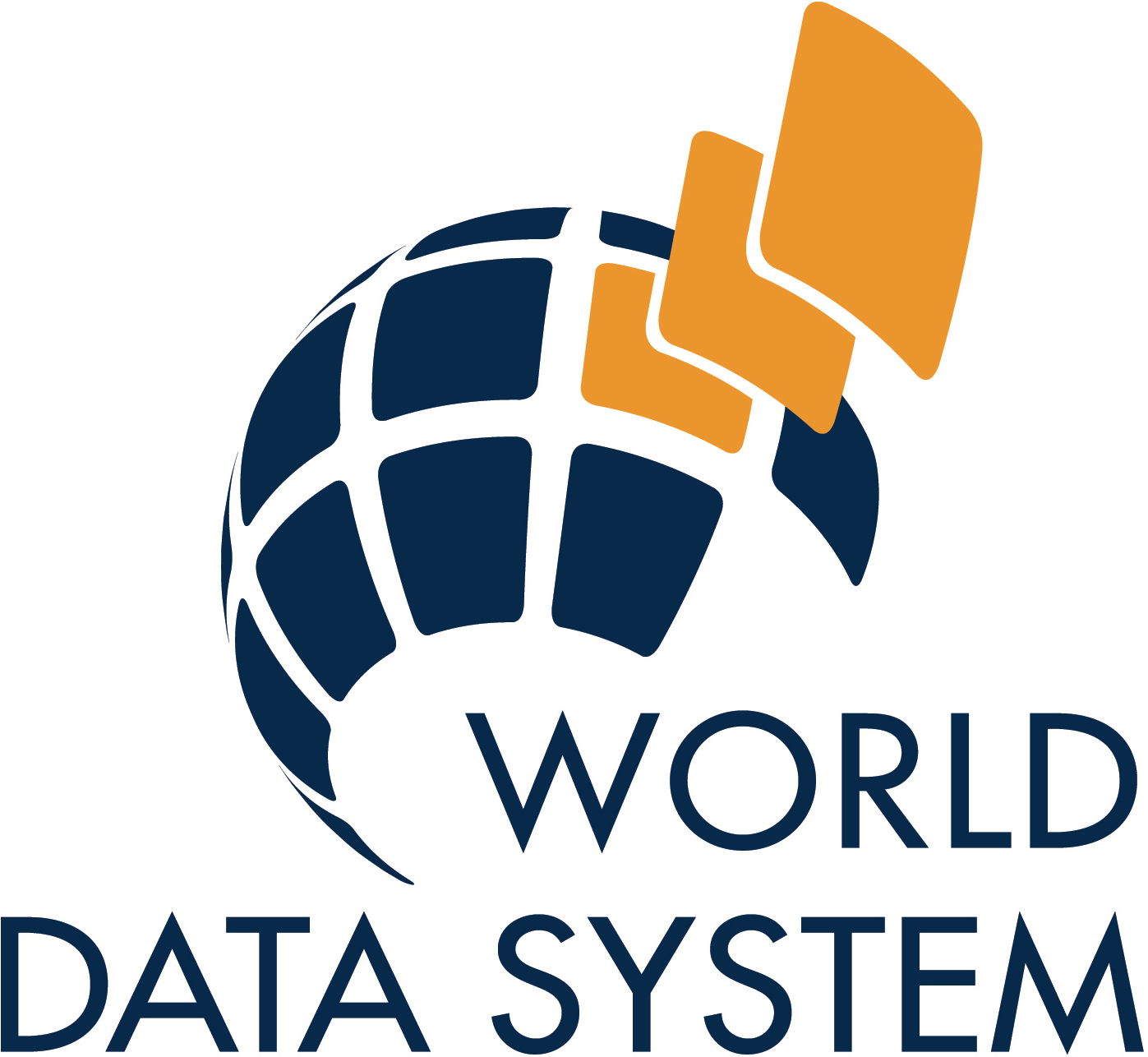We are excited to announce the next seminar of the Transforming data rE-use in ARCHaeology (TEtrARCHs) project.
Erin Canning, a DPhil student in the Department of Engineering at the University of Oxford, will present on ‘What is a museum object according to a museum database?’
The seminar will take place online at 16:30 (GMT) on Wednesday the 25th October 2023.
To find out more details visit the TEtrARCHs website and to register please visit Eventbrite.
Abstract: Museum collection management systems (CMS), as the core data infrastructure for managing information about museum objects, have considerable power to shape understandings about what an object “is” through the fields made available for recording object information, and the relationships permitted between those fields. An interrogation of the fields of an art museum CMS demonstrates two primary ways through which an object can be known: through physical attributes, and through systems of classification intended to bring order to diverse objects from multiple and varied locations. This limits the way that an object can be known to, on one hand, vision-based empirical means, and, on the other, a system of organising the world that comes from only the museum’s point of view. In this talk, I will consider affect as an example of another way of coming to know museum objects that cannot be accommodated in museum databases at present. Through this example, I seek to show how databases can constrain ways of knowing, as well as demonstrate how it might be possible to accommodate radically different ways of knowing into such systems. Furthermore, by making space for additional ways of knowing, I aim to demonstrate how answering the question of “what is a museum object” is dependent upon the structure of the museum database and therefore can change when different system affordances are introduced. Finally, I discuss how changes to databases are never just that, but are tied to shifts in institutional power relations and long-held relations of power.
The ADS are a partner in the TEtrARCHs project, funded through the Transformations: Social and cultural dynamics in the digital age programme of the Collaboration of Humanities and Social Sciences in Europe (CHANSE) Consortium. Find out more on our project page of the website here.

